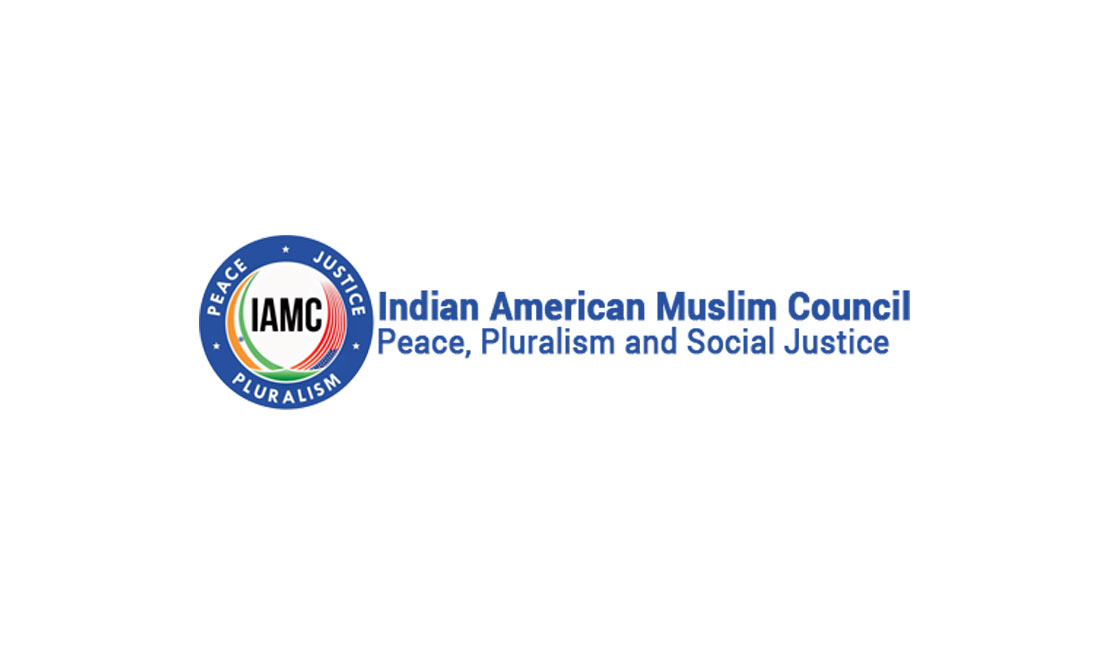India’s Supreme Court warns of ‘mobocracy,’ urges government to pass anti-lynching law after deadly attacks

Indians participate in a candlelight vigil in memory of 52-year-old Muslim farmer Mohammad Akhlaq who was lynched by a mob, in New Delhi, in this Oct. 3, 2015, file photo. (Altaf Qadri/AP)
NEW DELHI — India’s Supreme Court urged the government to pass a new anti-lynching law and to stop the spread of Internet rumors after dozens of people were killed in a string of mob attacks fueled largely by social media.
In recent weeks, violent lynchings sparked by rumors of child-kidnapping gangs or organ-
harvesting rings have claimed more than two dozen lives. The rumors have spread mainly on the messaging platform WhatsApp, which has more than 200 million users in India, the platform’s biggest market.
On Tuesday, a panel led by the chief justice of India, Dipak Misra, recommended that Parliament pass a new “special law” that would instill fear in would-be attackers. The panel also demanded that police take steps to further investigate and curb the dissemination of “irresponsible and explosive” messages and videos that could incite mob violence and lynchings. The court blamed rising intolerance and circulation of “fake news” for the spate of recent killings.
“Horrendous acts of mobocracy cannot be permitted to inundate the law of the land,” Misra wrote, adding that the recurring pattern of violence “cannot be allowed to become the new normal.”
In the most recent incident, a mob Friday set upon four men who were on a pleasure trip through the southern state of Karnataka, convinced that they were child kidnappers. The men managed to escape, but WhatsApp messages warning of kidnappers in a red car triggered a chase and an attack that killed one of the men, a software engineer named Mohammed Azam Ahmed, police said. Police eventually arrested several of the attackers, including the administrator of the WhatsApp group that had spread false warnings.
The company — based in Menlo Park, Calif., and owned by Facebook — has initiated new controls in recent weeks, including labeling forwarded messages. But it says it is hamstrung from monitoring content further because the platform’s messages are encrypted. In recent days, WhatsApp has also run full-page ads in newspapers in India, listing 10 ways to “fight false information.” Among the recommendations: “Question information that upsets you.”

In this July 5, 2018 file photo, an Indian woman, who wears a veil as part of tradition, attends a meeting to condemn recent incidents of mob attacks, in Ahmedabad, India. (Ajit Solanki/AP)
India has been grappling with rising lynch-mob incidents since 2015, when a Muslim man was killed in a village outside New Delhi because his Hindu neighbors had become convinced that he was in possession of beef. The slaughter of cows is illegal in many parts of India because the majority Hindu religion believes cows are sacred, and much of the vigilante violence until this year was done in the guise of so-called “cow protection.”
[Cows are sacred to India’s Hindu majority. For Muslims who trade cattle, that means growing trouble.]
Petitioners in the Supreme Court case Tuesday had initially complained about the cow-related violence, asking the court to help curb vigilante groups. But Misra expanded the ruling to cover other lynchings as well.
One of the petitioners, activist Tehseen S. Poonawalla, told reporters after the court hearing that he was pleased with the “strict” judgmNewent. “We hope this becomes a reality,” he added.
But Harsh Mander, director of the Center for Equity Studies in New Delhi, who spent several weeks meeting with lynching victims in recent months, said a new law will do little to combat the problem. Rather, he alleged, lynching has become an epidemic because of the “cynical encouragement of hate attacks by the country’s ruling establishment,” a reference to Prime Minister Narendra Modi’s governing Bharatiya Janata Party.
“These are ultimately matters not of the design of law, but of normalizing hate in the polity and society,” Mander said.
Earlier this month, one of the government’s most well-regarded junior ministers, Jayant Sinha, a Harvard-trained MBA now at the Ministry of Civil Aviation, caused a furor when he met with seven men who had been convicted of murder for their role in a lynching in the eastern state of Jharkhand and celebrated their release from jail on bail pending a retrial. Sinha, who said he believes the men were innocent bystanders, later expressed “regret” over the meeting.
Refrence: https://www.washingtonpost.com/world/asia_pacific/mobocracy-cannot-be-permitted-indias-supreme-court-cracks-down-on-social-media-fueled-lynchings/2018/07/17/f50d89a3-b198-4830-9f7f-4823f8127f0a_story.html

